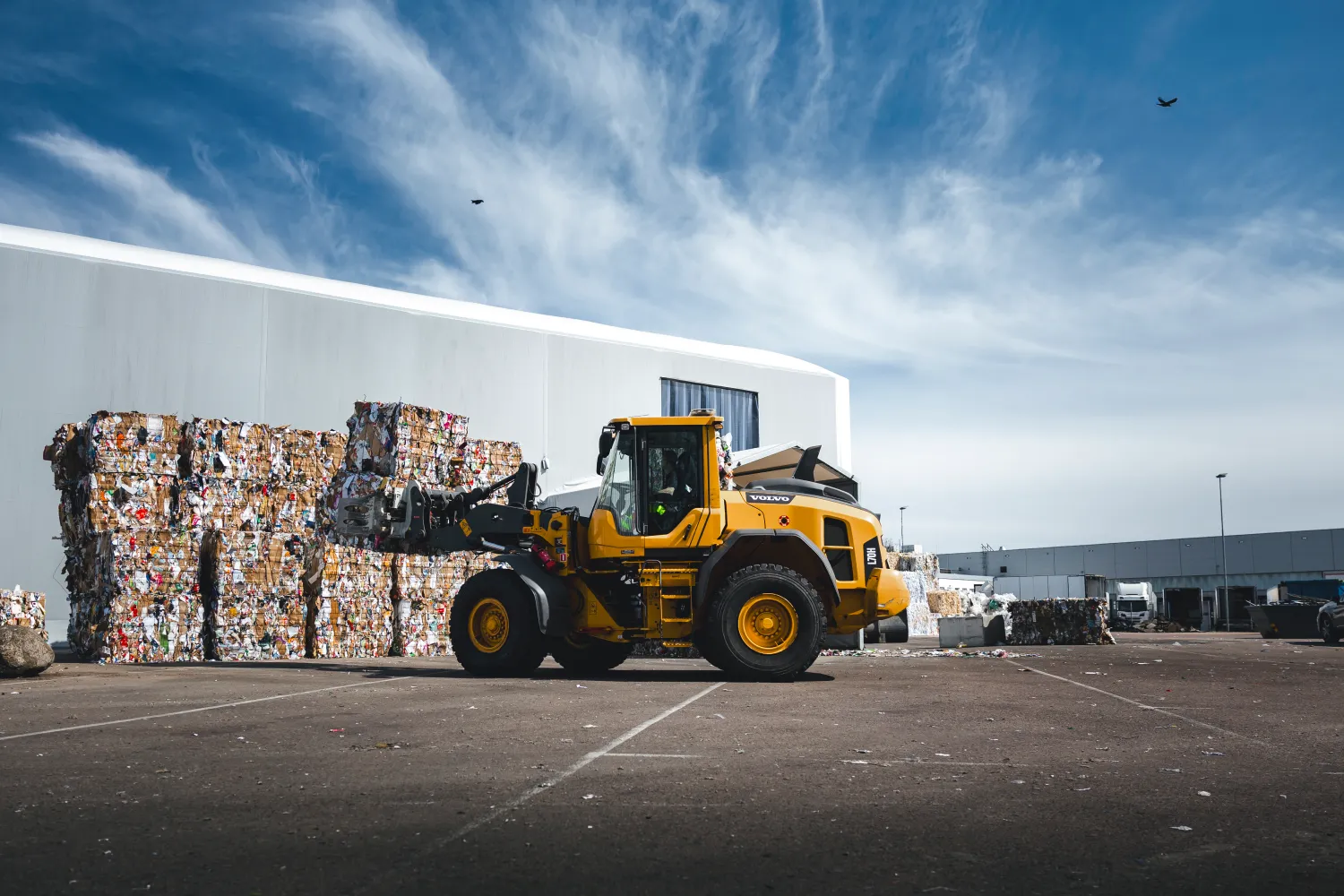The Importance of Recycling Stations in Building Sustainable Cities
The Importance of Recycling Stations in Building Sustainable Cities
Blog Article
Sweden is widely known as an international chief in sustainable residing and recycling. With a recycling charge of more than 996, the country has set an formidable common for spend management. But, reaching such achievement is not any little feat. Planning recycling initiatives across Sweden's 290 municipal areas involves elaborate coordination, advanced systems, and neighborhood participation. This article has a deeper search at how Sweden has efficiently structured their municipal Recycling (Återvinning) techniques and the key statistics underpinning their achievements.
The Role of Municipalities in Recycling
Sweden's decentralized waste management system places a significant number of responsibility on municipal authorities. Each municipality is tasked with arranging, collecting, and disposing of home spend, ensuring it complies with national recycling laws. Municipalities function in control with national agencies to generally meet sustainability objectives and offer cost-efficient waste management solutions.

Recent information shows that around 50% of home waste in Sweden is recycled, while the others is employed for power recovery through incineration. One of many best challenges municipalities experience is creating recycling accessible and easy for citizens across urban, suburban, and rural areas. To tackle that, municipalities identify well-distributed recycling stores, add curbside selection programs, and present drop-off details for certain spend groups, such as for instance report, metals, plastics, and harmful materials.
Advanced Technologies Operating Recycling Performance
Technology plays an essential role in facilitating Sweden's municipal recycling efforts. Information from spend administration reports shows an increasing utilization of AI-powered waste sorting services, which streamline the process of splitting up recyclable materials from common waste. Automated methods at recycling stores identify components like glass, plastic, and material with remarkable reliability, reducing information work and increasing the entire recycling rate.
Furthermore, municipalities are implementing clever bins built with devices that check waste levels. These bins permit better collection schedules, lowering gasoline use and carbon emissions related to spend transportation.
Community Wedding and Consciousness
Data show that around 85% of Swedes positively be involved in recycling initiatives, attributing that degree of engagement to efficient community outreach and training initiatives. Municipalities conduct typical understanding campaigns to inform residents about recycling directions, while schools integrate environmental training into their curriculum to foster eco-conscious habits from a young age.

Somewhat, nearly 60% of residents record that simple usage of recycling programs inspires them to sell consistently. Municipalities continue to target on comfort and user-friendly infrastructure to keep and enhance public participation.
A Design Value Replicating
Sweden's arranged recycling attempts display how municipalities, technologies, and community action can work together to accomplish exemplary results. By ensuring convenience, fostering community proposal, and leveraging technical breakthroughs, Sweden has established a blueprint for sustainable spend administration that other places will look to for inspiration. Report this page